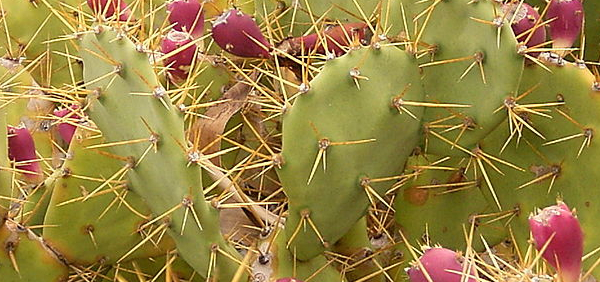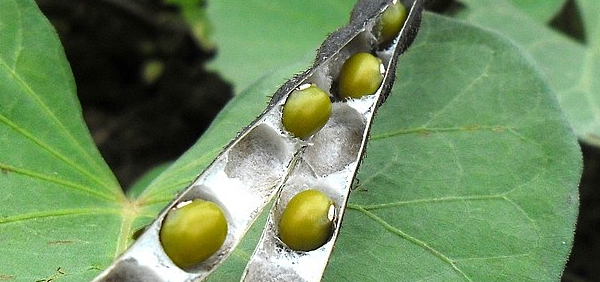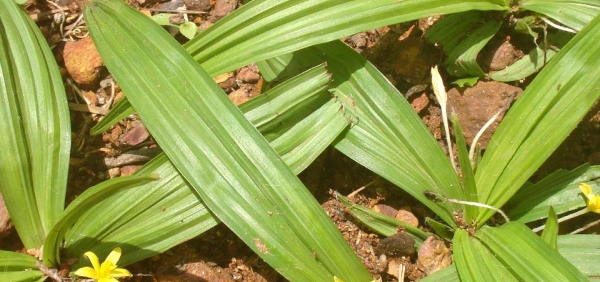ankola :

CONCLUSION:
Alangium salvifoliumis the most versatile medicinal plants having a wide spectrum of biological activity. Alangium salviifolium showed potent antidiabetic, anticancer, diuretic, anti-inflammatory, antimicrobial, laxative, astringent, emollient, anthelmintic and antiepileptic activities. The plant was also reported for its anti fungal activity, anti microbial activity, cardiac activity and anti fertility activity
In Ayurveda almost all parts of the tree use for medicinal purposes. The roots and the fruits are used for the treatment of rheumatism, leprosy and hemorrhoid. Externally, it is used for the treatment of bites by rabbits, rats, and dogs. Root bark is an antidote for several poisons. Fruits are sweet, cooling and purgative and used as a poultice for treating burning sensation and haemorrhage6. However, there were not enough scientific investigations on the anti-inflammatory and analgesic activities conferred to these plants.
- » Classification and names of ankola
- » Synonyms and definitions of ankola
- » Drug Properties of ankola
- » Chemical Constituents of ankola
- » Standardization of ankola
- » Parts used and Dosage of ankola
- » Morphology and Histology of ankola
- » Distribution and Conservation of ankola
- » Cultivation of ankola
- » ankola in the market
- » Medicinal Uses of ankola
- » Researches and clinical trails of ankola
- » ankola in other sytems of medicine
- » Ayurvedic formulations with ankola
- » Images of ankola












